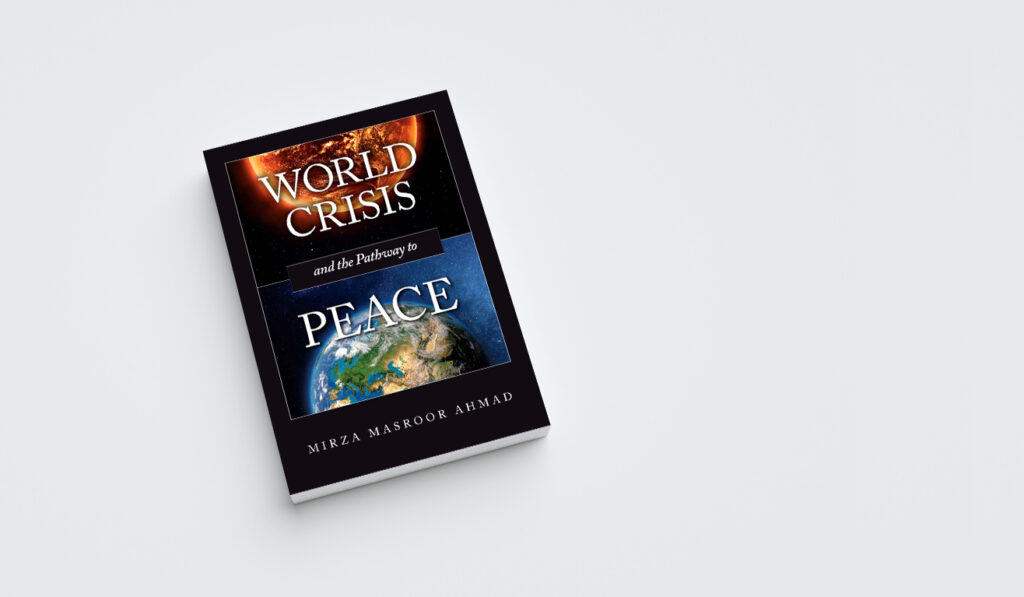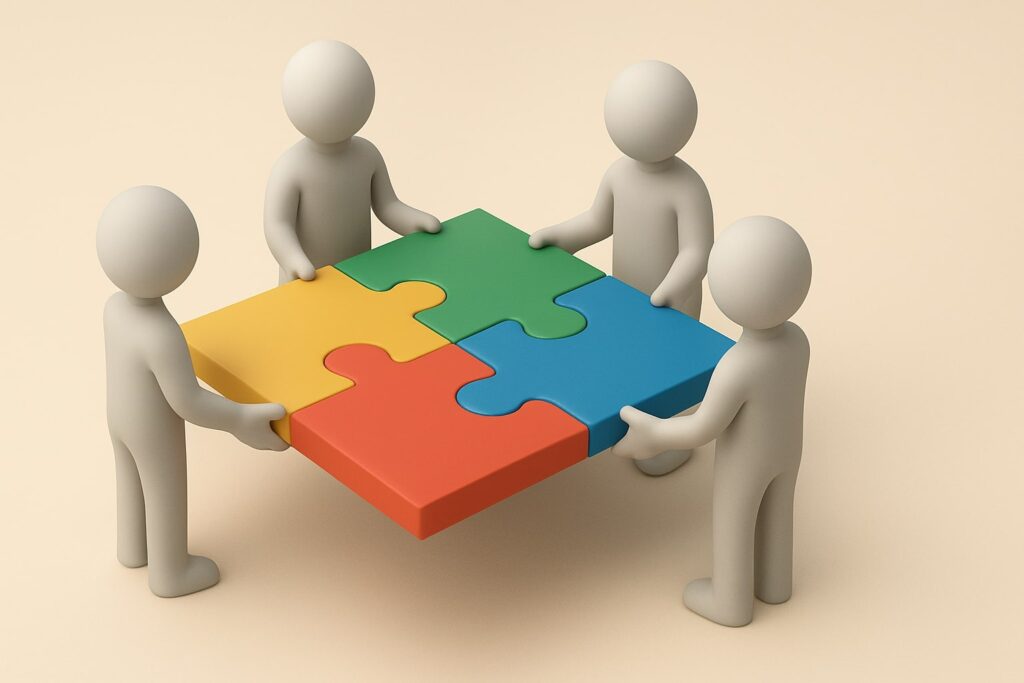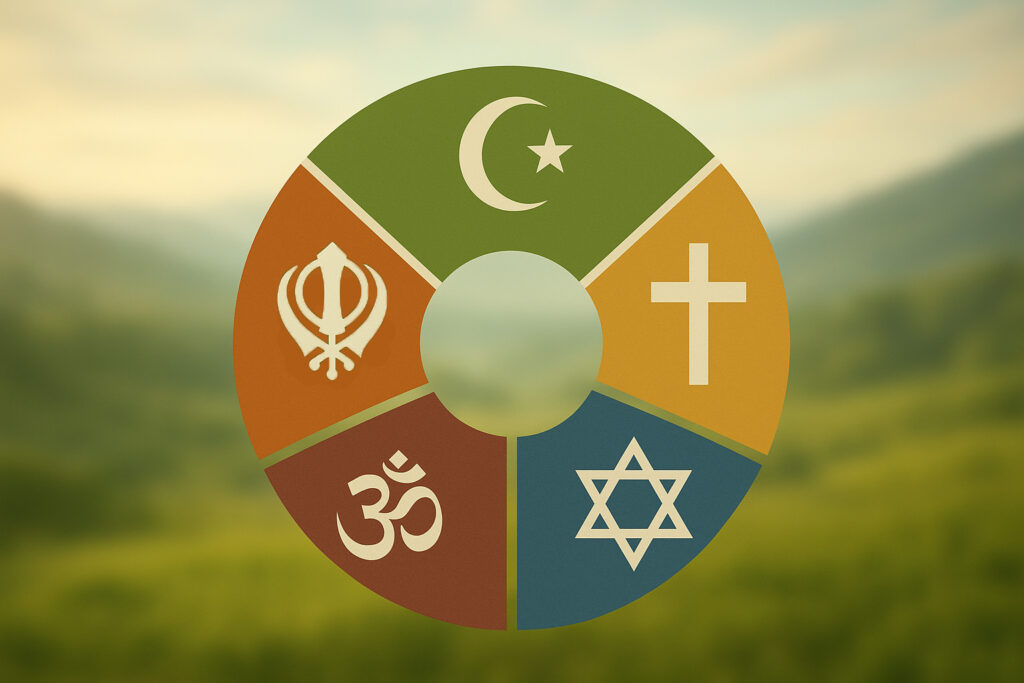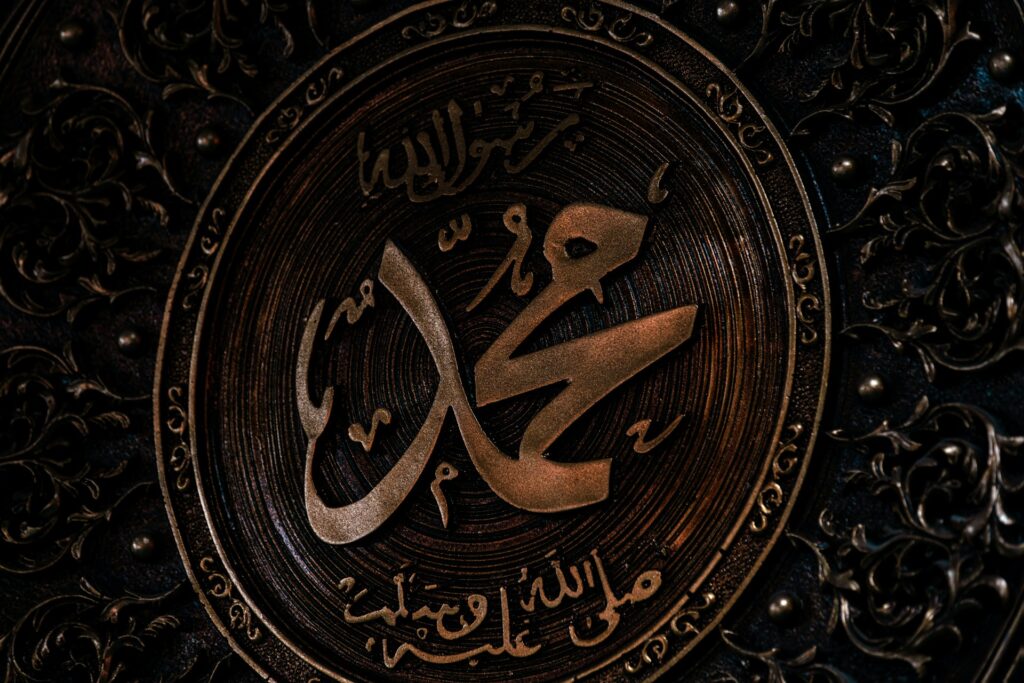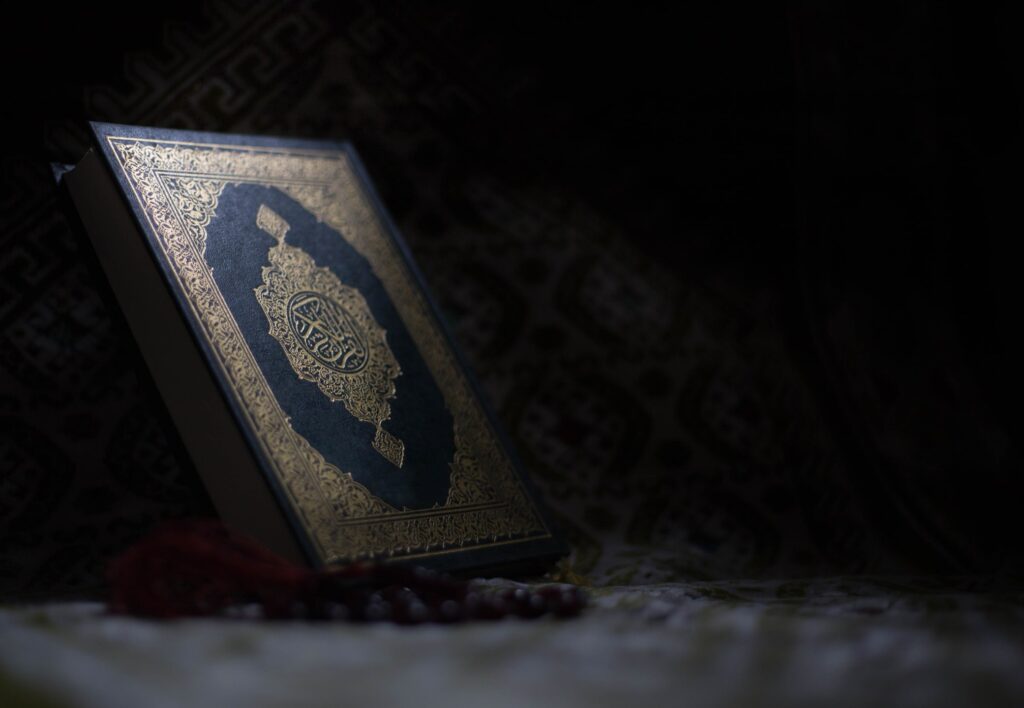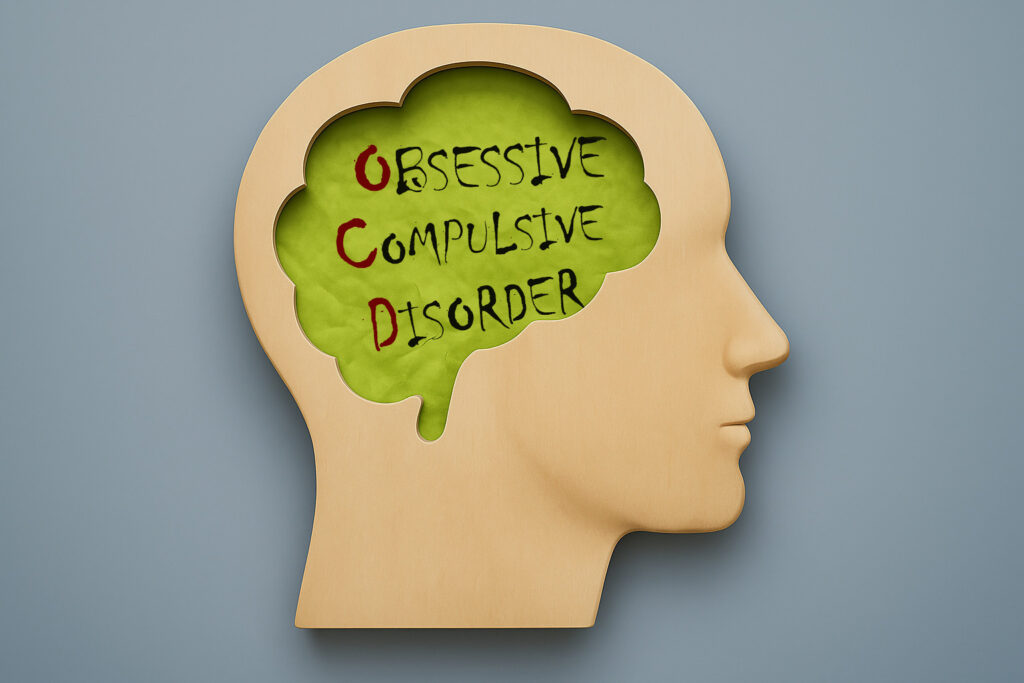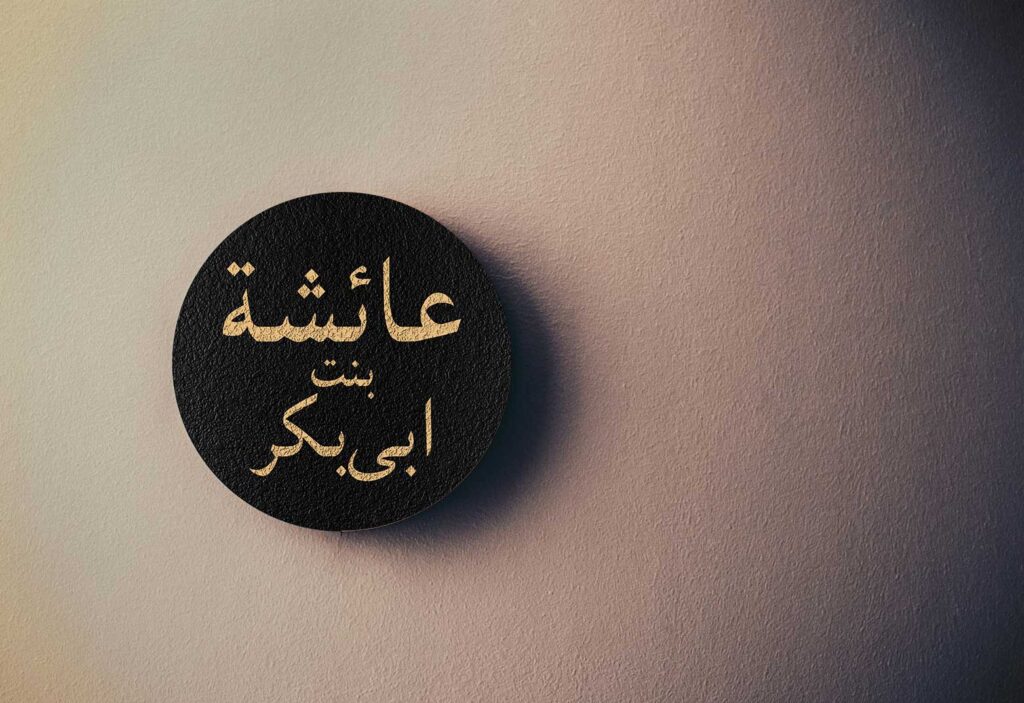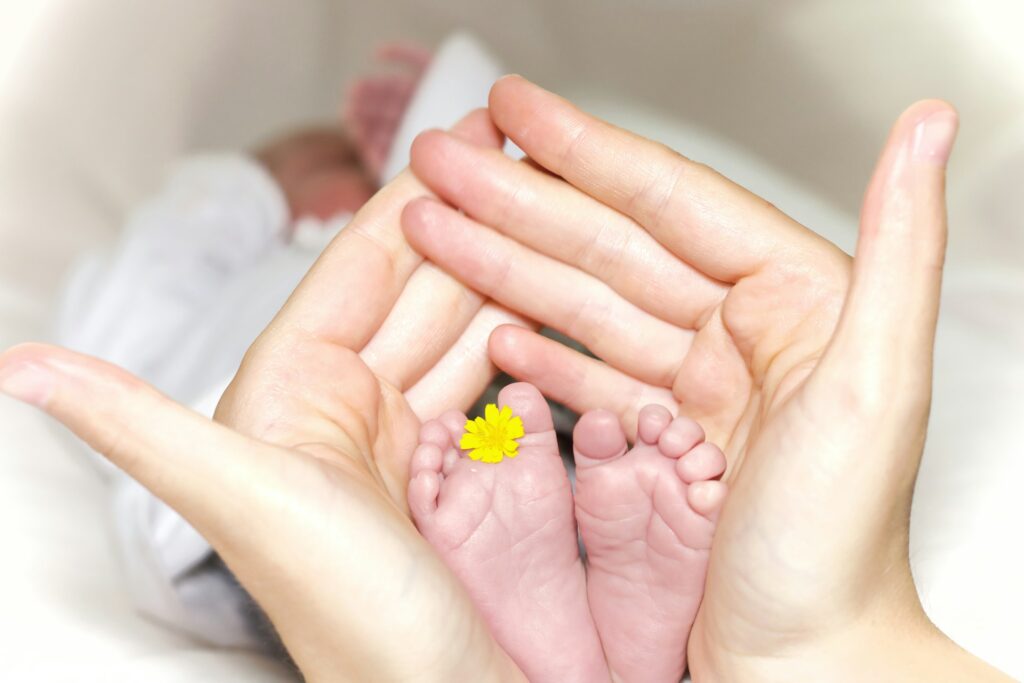ARTICLES
Success comes from steadiness—through daily effort, heartfelt prayer, and leaving the rest to Allah, trusting His wisdom in every step.
While a declined handshake is often viewed as a breach of etiquette, differing religious and cultural boundaries highlight how complex the interaction between faith, personal choices, and social norms can be.
History remembers those who recognise truth before the world does. This is the story of two hearts—separated in time—whose acceptance of truth became eternal symbols of faith and certainty.
Real progress comes through balance—limiting screen-time, focusing on learning, and safeguarding one’s moral and intellectual growth.
In a world teetering on the edge of conflict, readers from different walks of life share their reflections on the Ahmadiyya Khalifa’s book ‘World Crisis and the Pathway to Peace’, a powerful call for justice, compassion, and lasting harmony.
The Ahmadiyya Caliph reminds that real integration is not imitation, but active contribution—building bonds with neighbours, serving society with loyalty, and upholding faith with confidence.
True victory lies not in proving who loves their Prophet more, but in proving how well we embody their teachings of justice, love, and peace.
In a world divided by conflict and moral uncertainty, the timeless example of Prophet Muhammadsa offers guidance and hope humanity still desperately needs.
Panic Attacks are sudden waves of intense fear that can feel overwhelming, but with awareness and the right strategies, they are manageable and treatable.
A father’s personal journey, reflecting on how the Prophetic teachings celebrate daughters as blessings, not burdens, and how his influence—resonating through time—safeguards against such societal prejudices.
Did Prophet Noah’s age really exceed normal human lifespan? Or does the ‘950 years’ represent the period of his law and dispensation? What deeper message does the Quran convey by mentioning this period?
Since the rise of New Atheism, the demand to prove God empirically has grown louder. Nevertheless, this insistence is nothing more than an old, rejected argument—repackaged and presented as new.
Amid global turmoil and escalating injustice against Palestinians, the Ahmadiyya Caliph calls for prayers and urges leaders to reform, embrace justice, and work towards lasting peace.
True service lies in using one’s skills for humanity. The Ahmadiyya Caliph reminds architects that true success is found in service—designing affordable homes and hospitals that uplift the poor and strengthen the Community’s humanitarian mission.
Today marks 80 years since the atomic bombings of Hiroshima and Nagasaki, and the world seems to be standing on the brink of another global conflict. Has time erased our memories?
Obsessive-Compulsive Disorder (OCD) is a complex but treatable mental health condition marked by intrusive thoughts and repetitive behaviours. Early recognition and timely intervention are key to managing symptoms and improving quality of life.
Terrorism thrives where justice and public welfare are neglected. The Ahmadiyya Caliph urges leaders to serve the people and build economic stability to prevent extremist influence and preserve national peace.
In an era where women’s voices were often silenced, Hazrat Aishara spoke with wisdom and authority, exemplifying the rights women held in Islam from its outset.
Rather than being a mythical figure of the future, the Prophetic warnings show that Dajjal is an ever-present system of deception disguised as modernity, progress, and freedom.
Surrogacy challenges the Islamic concept of motherhood and lineage. The Ahmadiyya Caliph outlines why the practice is unlawful in Islam and emphasises preserving the sanctity of the family structure.





